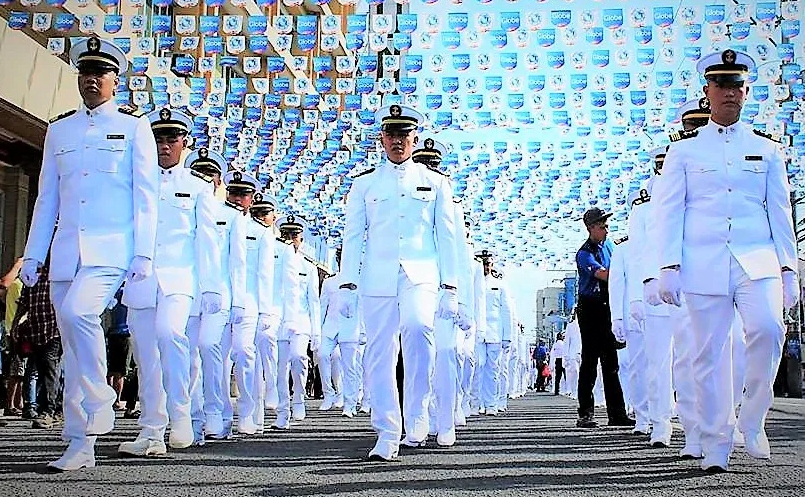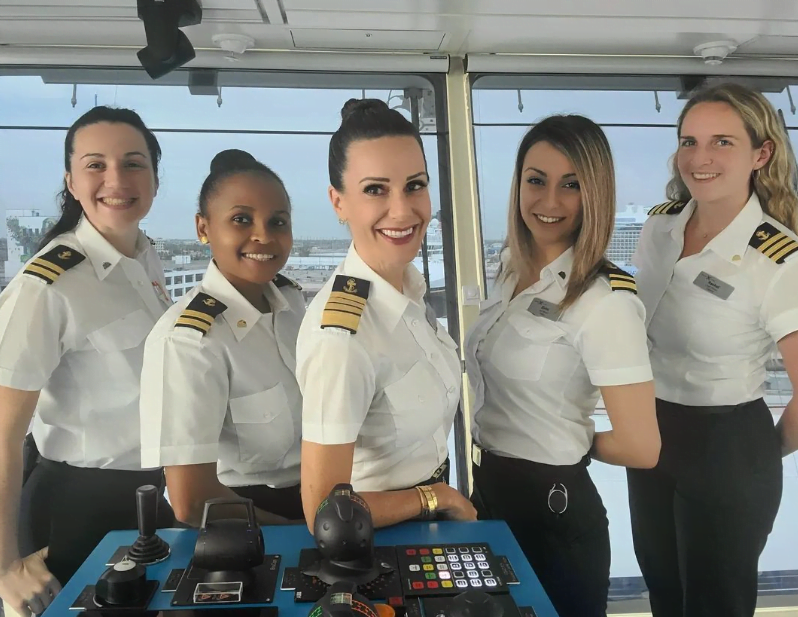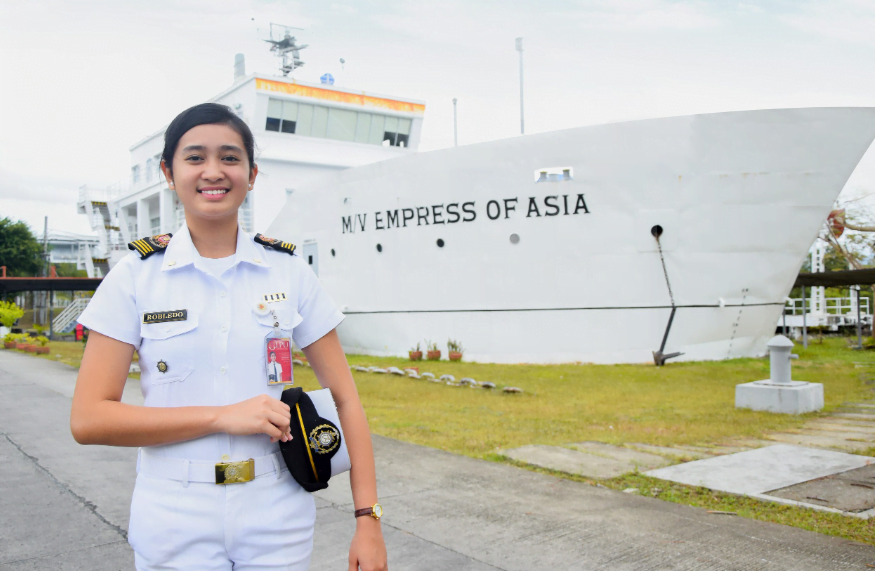Is Marine Transportation a Good Career Path? Exploring Opportunities and Advantages
Choosing a career path is a crucial decision that can shape one’s future. With numerous options available, exploring the field of marine transportation is worth considering. Marine transportation refers to … Read more



